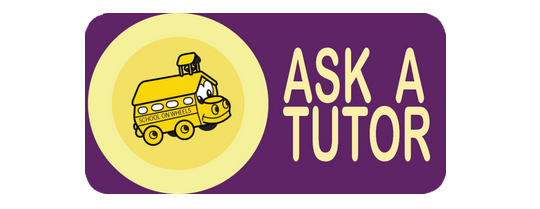Ask A Tutor Tuesday 2/9/2016

“My 6th grade student is severely behind and working at a 1st grade level. Could it be a learning disorder? What can I do to help him get assessed?”
Before you assume that a child has a learning disability, it’s important to talk to your regional coordinator about the behaviors you are noticing. It’s possible that your student is very far behind because he has moved schools and missed a lot of material. Parents can be alarmed if you outright propose that their child has a disability, so it is best to broach the topic carefully, and ask the parent if their child has ever been given a personal assessment. They may not know that this is even a possibility, and they may ask for more information. You can help provide support for parents if they decide they are interested in having their child assessed.
If your student’s parent wants to go forward with the assessment, they may give you permission to contact your student’s teacher (always ensure you have this permission before reaching out on your own). Usually, teachers are very happy to hear that the student has additional tutoring outside of school. You can also collect work samples such as a writing piece or document behaviors you might notice when your student is reading. Does your student stop frequently at every other word? When he/she does stop, what kinds of things does he/she do to try and figure out words? Additionally, keep track of what your student does when he/she gets stuck in any academic area you might be studying. Does he/she give up easily, does he/she try a strategy? Your observations from tutoring one on one will be help support the classroom teacher should he/she choose to recommend your student for assessment.
In the meantime, you can be a great benefit to your student by focusing on a foundational reading, writing or math skills during your tutoring sessions. While in school your student may be struggling to get through sixth grade curriculum, during tutoring sessions, you can focus on reading lower level books, creating complete sentences and spelling, or increasing addition/subtraction/multiplication fluency.
Whether your student gets tested or not, your role as a tutor is incredibly important and beneficial. If you are able to begin to fill in some of the academic gaps during your weekly tutoring sessions, your student will get closer and closer to feeling more successful in the classroom.
About the tutor: Jackie Romo has been a School in Wheels tutor for nearly 9 years. Aside from tutoring, she teaches first grade in Rowland Heights and recently earned a MS in reading. She is happy to help in any way she can to make your tutoring sessions successful!
Have a question for our Ask a Tutor feature?
Email askatutor [at] schoolonwheels.org or use the #AskATutor hashtag on any of our social media sites.
